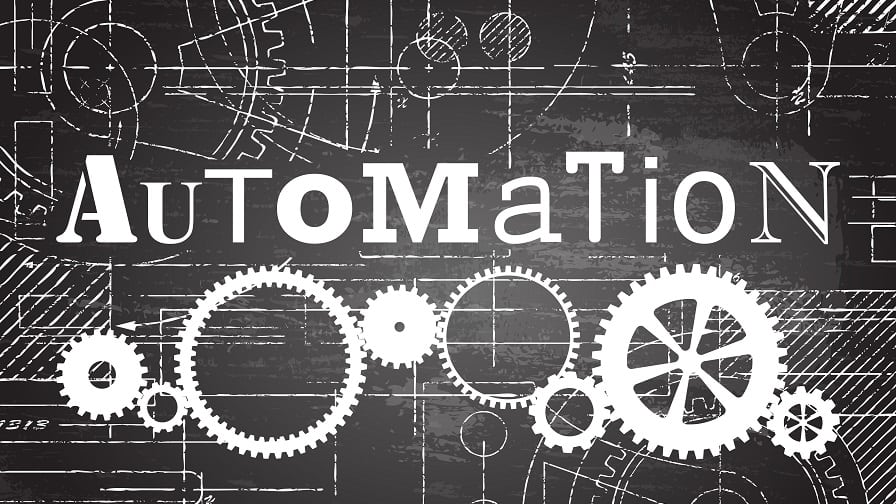The Interactive Advertising Bureau (IAB) in the US has suggested the industry should move away from the term ‘programmatic’ and replace it with ‘automation’ instead.
In its whitepaper entitled ‘An Evolving Framework for Advertising Automation’, the body argues that ‘programmatic’ has become an umbrella term for a range of platforms, tool and processes.
“With automated technologies now the de facto means of executing digital advertising investments, discerning the specific roles and utility of these technologies is critical to ensuring effective functioning of the marketplace,” reads the report.
According to the IAB, the vocabulary shift would help support “consistent benchmarking” of the marketplace and facilitate conversations inside the industry, but the proposal is not entirely agreed upon among the performance marketing industry.
Dale Lovell, chief digital officer and UK MD at native advertising platform ADYOULIKE, said that once a term sticks, people use it, and ‘automation’ generally has a wider application than only that assigned to it by the digital advertising industry, particularly as AI technology increasingly comes into play.
“Programmatic is such a widely used term that using a new word to describe this activity will probably end up confusing clients, meaning industry professionals will probably be a bit weary to wrongfoot their customers,” he explained.
Andy Bolter, creative partner at ideas agency Yes & Pepper has slightly stronger views, believing the conversation is irrelevant entirely.
“Call it what you like it’s still the dearth of creativity. Nobody cares what tag you give it outside of the industry,” he commented.
There are, however, voices in favour of ‘automation.’
Lovell understands where the IAB’s suggestion comes from: “In my opinion it is an attempt to get ahead of what comes after programmatic. Within five to ten years the term ‘programmatic’ will likely be redundant, this is because all digital advertising will be programmatic in someway,” he explained.
For Einav Dinur, director of marketing and business strategy at mobile ad exchange Inneractive, the change in vocabulary proves the industry needs to simplify the complex eco-system and introduce more transparency and control to end-players. She also believes direct sales and programmatic are victims of “constantly blurring lines.”
“While this might be semantics, the direction is positive as it is high time to ‘clean up’ some of the many buzzwords that have been thrown around, which don’t necessarily provide clarity on what service or technology is actually being provided,” she commented.
Paul Wright, CEO of iotec, agrees that the move reflects the current state of the industry.
“The term ‘automation’ provides a more comprehensive description of how digital advertising is currently managed. It’s setting the bar at the level at which there is an universal standard for automating advertising,” he said, adding this is a “strategic opportunity” for the IAB to improve transparency around the technology.
“It reconfirms the importance of understanding all digital advertising as automated, helping to improve the current state of the ad industry,” he concluded.
What do you think? Let us know below.

